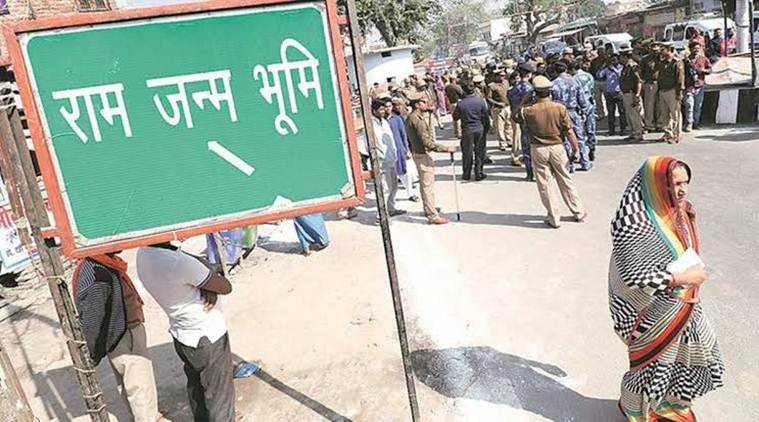Stay updated with the latest - Click here to follow us on Instagram
Ayodhya verdict: Two more review petitions filed in SC
The 40 petitioners include Prabhat Patnaik, Irfan Habib, Neera Chandoke, Harsh Mander, Jayati Ghosh, Nandini Sundar, Shabnam Hashmi, Akar Anil Patel, John Dayal and Shireen Moosvi.
 The petitioners said the case was “a dispute about what kind of country this is and will be in the future, to whom does it belong, and on what terms must people of different identities and beliefs live together in this vast and teeming land”.
The petitioners said the case was “a dispute about what kind of country this is and will be in the future, to whom does it belong, and on what terms must people of different identities and beliefs live together in this vast and teeming land”.
Forty “concerned citizens” on Monday approached the Supreme Court seeking review of its Ayodhya judgment by a “full bench”, claiming that the top court “has violated the secular framework of the Constitution of India” and “failed to consider” that the issue “has been used as socio political fodder for decades, by parties and organisations such as the BJP, RSS, VHP, the Bajrang Dal and other individuals purporting to represent Hindu interests, for vote bank politics and to increase enmity between Hindu and Muslim communities”.
Meanwhile, the Akhil Bharat Hindu Mahasabha, which was a litigant in the original suit, also filed a review plea against the direction to allot five acres to the Sunni Waqf Board for building a mosque in Ayodhya. It also sought deletion of findings declaring the disputed structure as a mosque. “Hindus have proved that the place in question is being worshipped as birth place of Lord Ram and therefore, there is no material on record to declare the disputed structure as mosque,” said the review plea, filed through advocate Vishnu Shankar Jain.
The 40 petitioners include Prabhat Patnaik, Irfan Habib, Neera Chandoke, Harsh Mander, Jayati Ghosh, Nandini Sundar, Shabnam Hashmi, Akar Anil Patel, John Dayal and Shireen Moosvi.
The petitioners said the case was “a dispute about what kind of country this is and will be in the future, to whom does it belong, and on what terms must people of different identities and beliefs live together in this vast and teeming land”.
The belief of the Hindus that Ram was born in Ayodhya was “not without doubt” as expressed by historians such as Romila Thapar and Irfan Habib, the plea stated. “By relying on the faith of the belief of the existence of a temple, over the evidence of existence of the mosque, this decision has been in violation of Constitutional principles of equality and freedom of religion,” it said.







